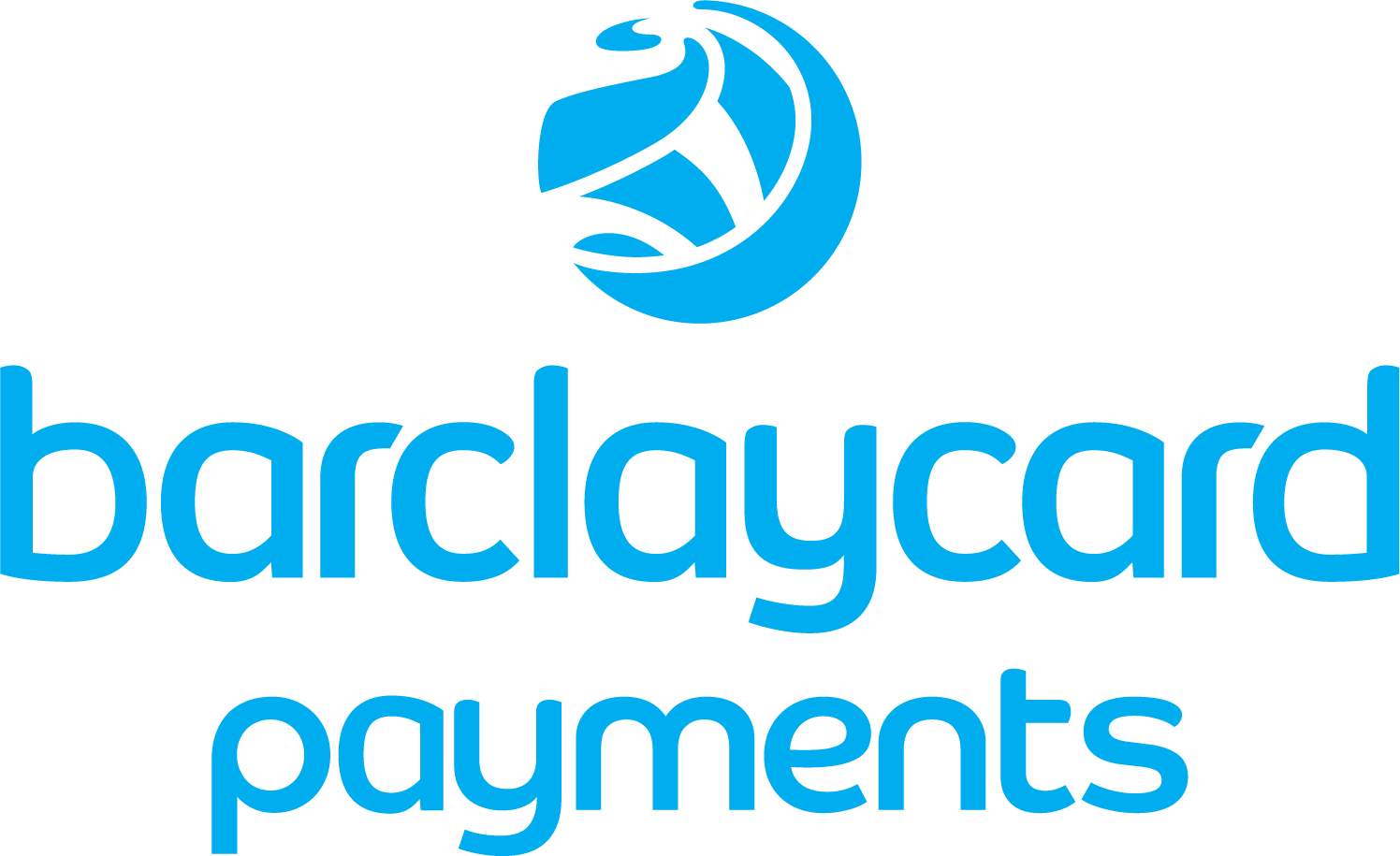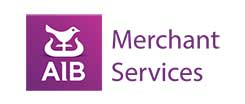- Accept card payments – lowest rates from 0.27%
- Keep your card processing fees to a minimum
- Direct access to the UK’s leading card processing banks
- We ensure your rates always remain competitive
No spam emails or calls
Choose from the payment methods then click Next
What's your turnover each month?
Enter the name of your company
Enter your company's postcode and contact number






Understanding Payment Gateway Pricing: A Business Guide to Costs
In today’s digital-first economy, businesses of all sizes rely on payment gateways for accepting payments, handling transactions securely, and managing the associated costs. This helps streamline customer transactions and expand their reach. However, understanding payment gateway pricing can be a daunting task, especially with the myriad of fee structures, hidden charges, and varying payment methods available. For UK-based businesses, choosing the right payment gateway provider is crucial to managing costs, improving cash flow, and ensuring a seamless payment experience for customers.
This comprehensive guide will break down the complexities of payment gateway pricing, explore the different types of fees, and provide actionable insights to help businesses reduce transaction fees, avoid unnecessary charges, and select the best payment gateway for their needs.
What is a Payment Gateway?
A payment gateway is a technology that enables businesses to accept payments online. It acts as a bridge between the customer, the merchant, and the financial institutions involved in the transaction. Payment gateways securely transmit payment details, such as credit card information or bank transfers, to ensure that funds are transferred from the customer’s account to the business account.
Payment gateways support a wide range of payment methods, including credit card transactions, debit cards, digital wallets, ACH direct debit, SEPA direct debit, and local payment methods. They also facilitate recurring payments, international payments, and in-person payments, making them an essential tool for businesses operating in both domestic and global markets.
How Payment Gateways Work
A payment gateway is a crucial software application that securely captures and transmits payment information from a customer to a payment processor. Acting as an intermediary, the payment gateway bridges the gap between the customer’s browser and the payment processor’s server.
When a customer initiates a payment, the payment gateway encrypts the payment information to ensure security and sends it to the payment processor. The payment processor then verifies the payment details and sends a response back to the payment gateway. This response, which either approves or declines the payment, is then communicated to the customer.
Payment gateways are versatile and can be integrated with various payment methods, including credit cards, debit cards, bank transfers, and digital wallets. They also support recurring payments, allowing customers to set up automatic payments for subscription-based services. This functionality makes payment gateways indispensable for businesses looking to streamline their payment processes and offer a variety of payment options to their customers.
Key Components of Payment Gateway Pricing
Payment gateway pricing is typically composed of several types of fees, each of which can vary depending on the provider, the business model, and the specific needs of the merchant. Below, we’ll explore the most common fees associated with payment gateways.
1. Setup Fees
Some payment gateway providers charge a one-time setup fee to cover the cost of integrating the gateway with your website or e-commerce platform. This fee can range from a nominal amount to several hundred pounds, depending on the complexity of the integration and whether you opt for a pre-built payment form or a custom solution.
2. Monthly Fees
Many payment gateways charge a fixed monthly fee, which covers access to the platform, customer support, and other administrative costs. Higher monthly fees may apply for businesses that require advanced features, such as support for multiple currencies, recurring payments, or international card payments.
3. Transaction Fees
Transaction fees are the most common type of payment gateway charges. These fees are typically calculated as a percentage of the transaction value, plus a fixed processing fee. For example, a payment gateway might charge 2.9% + £0.30 per transaction. Transaction fees can vary depending on the payment method used (e.g., credit card transactions, bank transfers, or digital wallets) and whether the transaction is domestic or international.
4. Currency Conversion Fees
For businesses that accept payments in multiple currencies, currency conversion fees can significantly impact overall costs. Most payment gateways charge a markup on the exchange rate, which can range from 1% to 3% of the transaction value. To reduce transaction fees, some businesses opt for payment gateways that offer competitive currency conversion costs or support local payment methods.
5. Chargeback and Dispute Fees
Chargebacks occur when a customer disputes a transaction and requests a refund directly from their bank. Payment gateways typically charge a fee for handling chargebacks, which can range from £10 to £25 per dispute. To avoid payment gateway charges related to chargebacks, businesses should implement robust fraud prevention measures and provide clear payment details to customers.
6. Termination and Closure Fees
Some payment gateway providers charge termination fees if you decide to close your account or switch to another provider. These fees can be a flat rate or a percentage of your monthly revenue. It’s essential to review the terms and conditions carefully to avoid unexpected closure fees.
7. Additional Fees
Depending on the payment gateway provider, you may encounter additional fees, such as:
- Authorisation fee: A fee charged for verifying payment details.
- Interchange fee: A fee paid to the card issuer for processing credit card transactions.
- Scheme fees: Fees charged by card networks (e.g., Visa, Mastercard) for using their payment infrastructure.
- Integration fees: Fees for custom integrations or API access.
- Minimum invoice fees: Some providers charge a fee if your monthly transaction volume falls below a certain threshold.
Factors Affecting Payment Gateway Fees
Payment gateway fees can vary widely based on several factors, making it essential for businesses to understand what influences these costs. One significant factor is the payment method used. For instance, credit card payments typically incur higher fees compared to bank transfers or digital wallet payments due to the higher processing costs involved.
The location of the payer also plays a crucial role. International payments often come with higher fees due to currency conversion and additional processing costs. Businesses that frequently handle international transactions should be mindful of these extra charges.
Another factor is the level of integration with other services. Payment gateways that offer seamless integration with accounting software or e-commerce platforms may charge higher fees for the added convenience and functionality. Additionally, payment gateways may impose setup fees, monthly fees, or transaction fees, depending on the specific services provided.
High-volume transactions can sometimes attract discounts or customized pricing plans, making it beneficial for businesses to negotiate with their payment gateway provider. It’s essential for businesses to carefully review the fee structure of a payment gateway before selecting a provider to ensure they understand all the costs involved. By doing so, they can make an informed decision that aligns with their financial goals and operational needs.
Comparing Payment Gateway Fees
With so many payment gateway providers in the market, a payment gateway fees comparison is essential to finding the right payment gateway for your business. Here are some key factors to consider:
1. Pay-as-You-Go vs. Subscription Models
Some payment gateways operate on a pay-as-you-go model, where you only pay for the transactions you process. This can be a cost-effective option for small businesses or startups with low transaction volumes. On the other hand, subscription-based models charge higher monthly fees but may offer lower transaction fees, making them more suitable for businesses with high transaction volumes.
2. Domestic vs. International Transactions
If your business primarily processes domestic transactions, you may be able to find a payment gateway with lower transaction fees. However, if you accept international payments, you’ll need to consider currency conversion costs, international card payment fees, and support for local payment methods.
3. Supported Payment Methods
The right payment gateway should support the payment methods your customers prefer, whether that’s credit card transactions, debit cards, digital wallets, or bank transfers. Some providers also offer payment links, which allow you to send payment requests directly to customers via email or SMS. When considering various payment methods, it’s important to evaluate the associated fees and administration involved, with bank transfer often being a cost-effective option compared to others like buy now, pay later providers.
4. Custom Pricing
For large businesses or those with unique needs, some payment gateway providers offer custom pricing plans. These plans may include volume-based discounts, reduced transaction fees, or waived setup fees.
How to Reduce Payment Gateway Charges
While payment gateway fees are an inevitable part of doing business online, there are several strategies you can use to lower transaction fees and avoid unnecessary charges:
1. Negotiate with Providers
If you have a high transaction volume or a strong credit history, you may be able to negotiate lower transaction fees or reduced monthly fees with your payment gateway provider.
2. Optimise Payment Methods
Encourage customers to use payment methods with lower processing fees, such as ACH direct debit or SEPA direct debit, instead of credit card transactions.
3. Avoid Currency Conversion Costs
If you operate in multiple currencies, consider using a multi-currency business account to reduce currency conversion fees. Alternatively, choose a payment gateway that offers competitive exchange rates.
4. Implement Fraud Prevention Measures
By reducing the risk of chargebacks and disputes, you can avoid payment gateway charges related to customer disputes.
5. Compare Providers Regularly
The payment gateway market is highly competitive, and new providers are constantly emerging. Regularly comparing payment gateway fees can help you find a provider that offers better rates or more favourable terms.
Choosing the Right Payment Gateway for Your Business
Selecting the right payment gateway provider is a critical decision that can impact your bottom line and customer satisfaction. Here are some tips to help you make an informed choice:
- Assess Your Business Needs
- Do you need support for international payments or multiple currencies?
- Will you be processing recurring payments or one-time transactions?
- What payment methods do your customers prefer?
- Evaluate Fee Structures
- Compare setup fees, monthly fees, and transaction fees across multiple providers.
- Look for hidden charges, such as termination fees or minimum invoice fees.
- Consider Integration and Support
- Does the payment gateway offer easy integration with your e-commerce platform?
- Is customer support available 24/7?
- Read Reviews and Testimonials
- Research the provider’s reputation and read reviews from other businesses in your industry.
Understanding payment gateway pricing is essential for businesses looking to optimise their payment processing costs and provide a seamless payment experience for customers. By carefully evaluating fee structures, comparing providers, and implementing cost-saving strategies, you can reduce transaction fees, avoid unnecessary charges, and choose the right payment gateway for your business.
Whether you’re a small business owner or a large enterprise, taking the time to understand payment gateway fees and charges will pay off in the long run. With the right payment gateway provider, you can streamline your payment processes, expand your customer base, and focus on growing your business.
By following this guide, UK-based businesses can navigate the complexities of payment gateway pricing with confidence and make informed decisions that align with their financial goals. Remember, the key to success lies in choosing a payment gateway that not only meets your current needs but also scales with your business as it grows.